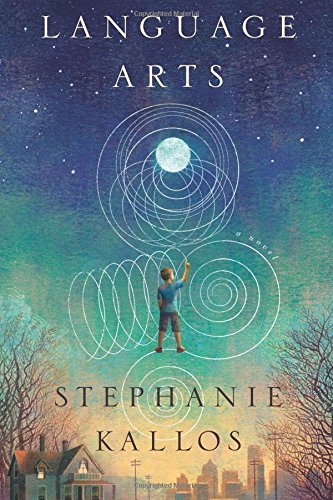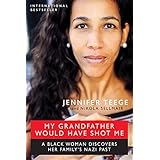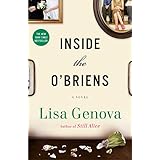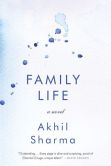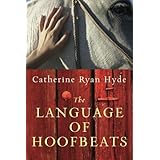
Have you ever noticed how often serendipity plays out in your life? I finished this new novel, "West of Sunset," by one of my favorite writers, Stewart O'Nan, last week, but I had decided not to write about it. Then I opened my paper this weekend and saw an obit that caught my eye. True confessions - I am fascinated with good obituary writing and read them obsessively. This one was about a remarkable 98-year-old woman named Frances Kroll Ring who featured heavily in O'Nan's book.
You see, as a very young woman, Ms. Kroll found herself working as a personal assistant to the writer F. Scott Fitzgerald, becoming the last link between him, his lover Sheila Graham, and his family, while he was frantically trying to outrun time and increasingly poor health to finish the novel that would become known as "The Last Tycoon," recently released under its intended title, "The Love of the Last Tycoon."
I don't normally think of Stewart O'Nan as a writer of historical fiction, nor do I usually read it. In fact, I believe that his finest works were the two Pittsburgh novels, "Wish You Were Here," and "Emily, Alone," whose subject matter, family, old age, friendships, and daily life, was so beautifully captured. Still, the story of Fitzgerald during his Hollywood years drew me in, if for no other reason than to bemoan the fact that a man of such potential lost his way so early on.
Anyone who's ever studied Gatsby must be aware of the story of Fitzgerald and his wife Zelda. Their life was supposed to be golden, the Princeton grad and the southern belle, gallivanting through Europe with the Hemingways, dallying on the Riviera with the Murphys. But Zelda's mental illness reared its head early on and Scott's raging alcoholism left me wondering how he managed to write as much as he did in his short life.
By the time we meet him, west of Sunset, he is a down and out screenwriter desperately trying to stay off the sauce long enough to get a few film credits under his belt and maybe sell a short story or two on the side. He lives on the generosity of friends and advances from his agent in New York. Zelda has been institutionalized back east for years, the bills astronomical, and their daughter Scottie is ready to head to college.
The novel reads more like a biography, stuffed with so many verifiable facts that I even accepted the conversations as the whole truth and nothing but. From what I've read about fiction writers who try to work in Hollywood, the frustration and years of hard work that go into a script only to have it scotched at the last minute, O'Nan perfectly pinpointed what Fitzgerald was up against. His reputation at the time was not as one of America's most highly regarded writers but as an unreliable drunk and, unfortunately, he often lived up to that rep.
"West of Sunset" is a terribly sad story of wasted genius and an informative, if dry, addition to the reams of material written about Scott and Zelda. But if you want to discover where Stewart O'Nan's true talent lies, head to the library and check out the Pittsburgh novels that I mentioned earlier. And while you're at it, look at "The Odds," a novella about a couple on the verge of either a divorce or a 25th anniversary celebration. That one showcases his true genius. http://stewart-onan.com/

